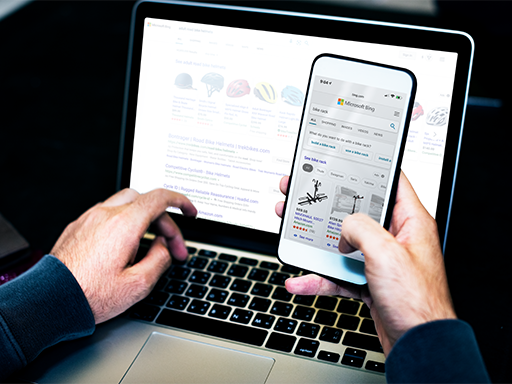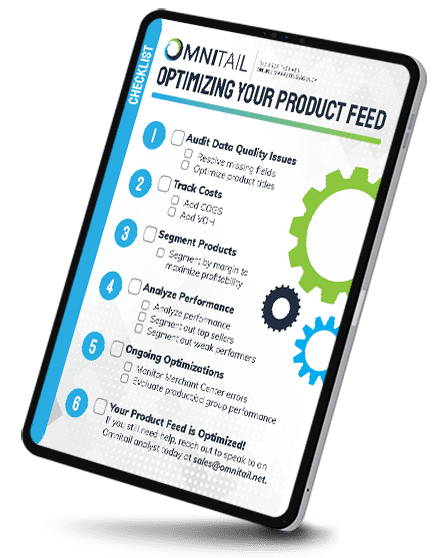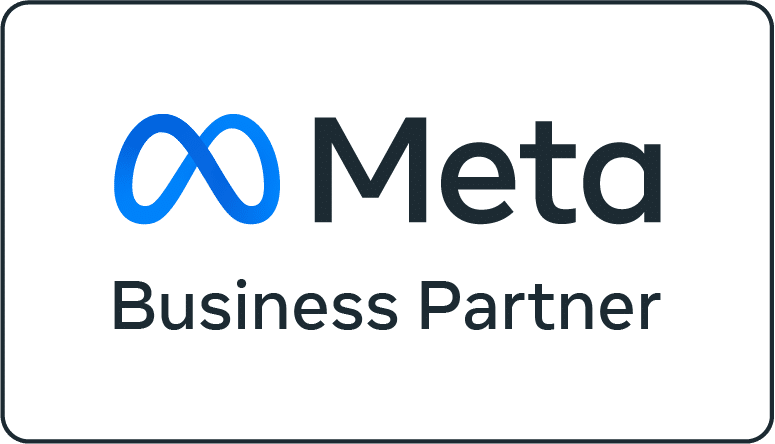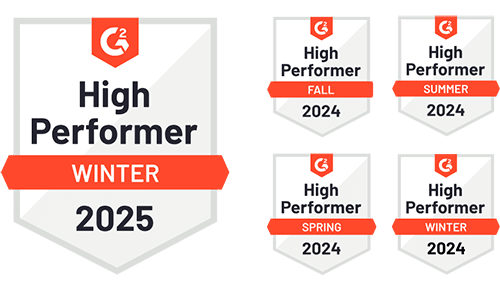Have you noticed any changes in your Microsoft Advertising account? It might be due to the recent rollout of Enhanced CPC (eCPC) bidding across all Microsoft Advertising accounts.
In this article, we’ll answer your questions surrounding eCPC bidding on Microsoft Advertising, and help your business navigate the challenges this change might introduce to your campaigns.

What is Enhanced CPC Bidding on Microsoft Advertising?
Enhanced CPC bidding is an automated solution for managing bids for Microsoft Advertising campaigns. It uses signals only available to Microsoft to adjust your bids in real-time such as a user’s operating system, browser, bid modifiers, and search queries.

How does eCPC bidding work?
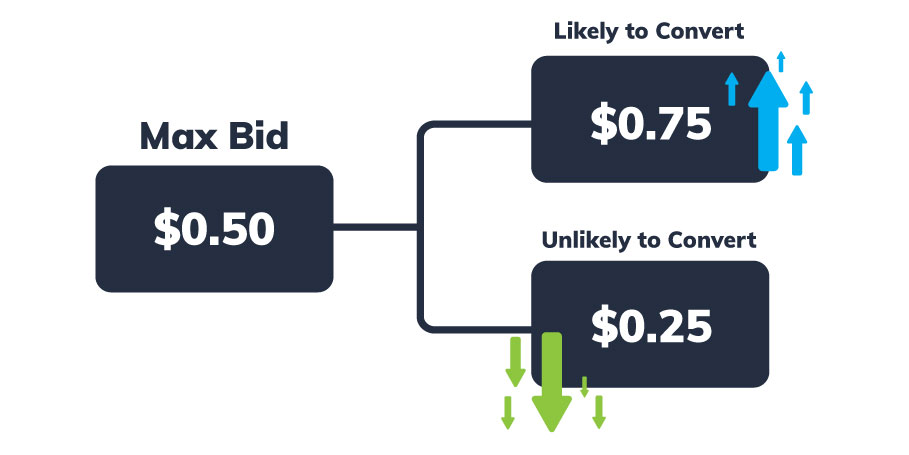
This type of bidding works using a base bid that you set; for example, $0.50. At auction time, it will automatically determine how likely your ad is to result in a conversion.
- If your ad is likely to convert, your bid will be increased; for example, $0.75.
- If your ad is not likely to convert, your bid will be decreased; for example, $0.25.

When Did the Roll-Out Happen?
March 2021: The roll-out started.
April 5th, 2021: Microsoft removed the option for manual CPC bidding.
April 30th, 2021: any campaigns not yet using eCPC bidding were opted-in.

Is there a way to opt out of Microsoft Ads eCPC bidding?
While Google Ads offers eCPC in addition to a variety of bidding solutions, Microsoft Advertising switched entirely to eCPC bidding. As of April 30th, eCPC bidding is the only manual bidding option available for search, shopping, and Dynamic Search Ads. Microsoft claims the mandatory opt-in will help users optimize their time and drive results.
If you’re using automated bidding on Microsoft Ads currently, your bidding type will not change. These options include: Target ROAS, Target Cost per Acquisition (CPA), and Maximize Clicks.

How has this update impacted retailers?
At Omnitail, we check our clients’ accounts daily to make sure things are running smoothly and make timely adjustments. Following the roll-out, we immediately noticed abnormal increases in ad spend.
If you have seen sudden jumps in ad spend in your Microsoft Advertising campaigns, this update could be the cause. Because of changes like these, it is important to have a dedicated person regularly monitor your campaigns. If not, your campaigns may suffer from changes outside your control.

What results have our analysts seen?
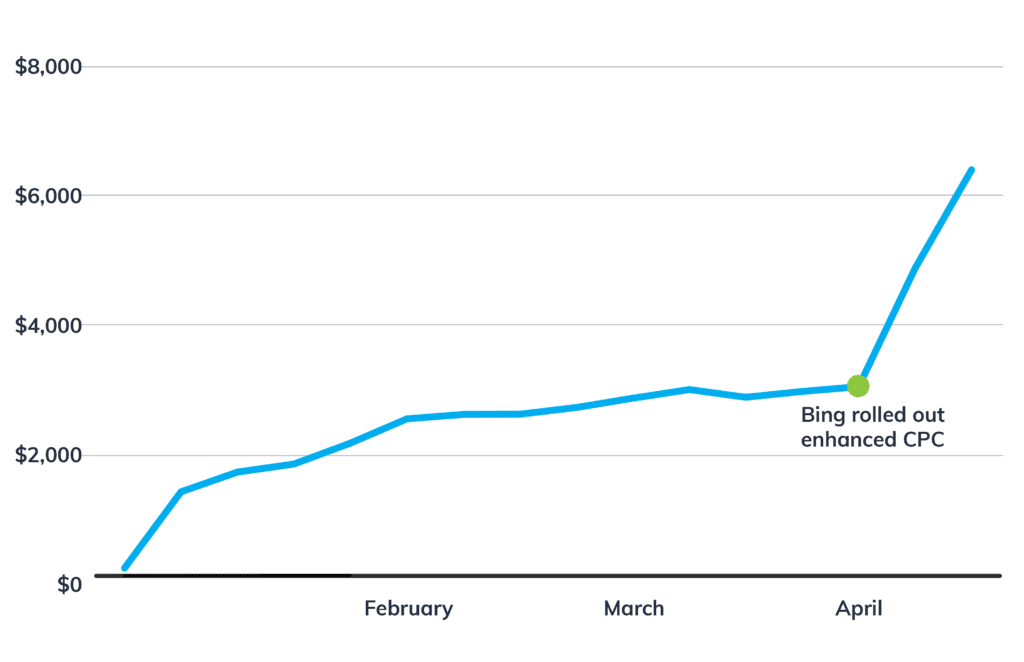
- Automated Increases in Spend and Volatility with Little Change in Efficiency: For our clients’ accounts, we have generally seen increases in spend due to the change and volatility—with little improvement in efficiency.
- Manually Increasing Your Ad Spend May Result in More Revenue/Efficiency: Results have been similar to bidding strategies such as “maximize conversions” on Google, where increases in spend may produce an increase in revenue or efficiency.
- Conversion Tracking May Be Linked to Larger Increases in Spend: Advertisers with conversion tracking enabled in Microsoft Ads saw larger increases in ad spend. This may mean Microsoft is using this tracking to facilitate enhanced CPC technology.
- Non-Tracking Retailers Haven’t Seen the Same Increases in Spend: On the other hand, advertisers with no tracking enabled haven’t seen a shift throughout the roll-out even when enhanced CPC was enabled.

How should retailers prepare to cope with eCPC bidding?
Having limited options is never ideal. While eCPC bidding could be a solution for some retailers, other retailers’ campaigns may suffer. To stay on top of eCPC campaigns, we are testing automated solutions such as Target ROAS.
On Google, we have seen positive results using Target ROAS, which lets you link profit to automated campaigns by setting a profitable ROAS target. Microsoft’s automated bidding then tries to account for your target at auction time. This helps retailers regain some control over their ad spend.
As of now, Target ROAS is not an option for retailers without conversion tracking. Currently, eCPC bidding isn’t impacting these retailers, so this isn’t a significant issue. In the meantime, our analysts are keeping a close eye on performance!
Are you seeing the impact of these changes, but aren’t sure what to do about it? Reach out to us—our analysts are happy to help you put your campaigns on the path to profit!

